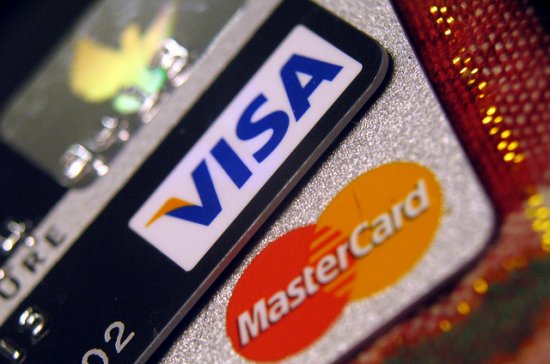
How the scam starts
You get a call on your cell or home phone saying it's an agent from VISA or MasterCard. They offer a name and tell you that they're calling from the “security and fraud” department or something similar. They may offer you a badge or ID number to try and make them sound more legitimate. They tell you that your card has been flagged for unusual purchase patterns or that your card has been frozen due to fraud.
The debit card version of the scam
In the debit card version of the scam, you get a call from a caller ID number that seems to be your bank. It's not. They tell you that your card was frozen due to suspicious activity. You are directed to call a number to order a replacement card. But when you call the number, that's just another scammer.
They ask if you purchased a certain dollar amount item from a particular place (perhaps an online store). Of course, you won't recognize it since you didn't buy it. If you fall for it and call the second number to get a “replacement” card issued, you have to answer enough questions for them to get your current card information or to engage in identity theft.
The credit card version of the scam
With the credit card version, they call and say your card has been used for suspicious purchases and has been tagged as stolen. They ask if you made a certain purchase (of course, you didn't) and then tell you they're opening a fraud investigation. They also make it sound encouraging by saying they're issuing a credit for the amount of the unauthorized charge. They usually then ask you if the card has been lost or stolen.
They usually then ask you to verify that you are in possession of the card. They will usually read off some of the numbers of your card and ask you to verify others and to verify the three-digit code on the back. They do this because, many times, scammers get part of your credit card information from pilfered receipts or other sources. They then ask for only the info they need to fill in the gaps. By the time the call is done, they'll be using your card for fraud.
How to prevent being scammed
If you get any call from your credit or debit card issuer, be suspicious. Sure, it may be a legitimate call, but you can't take any chances. You shouldn't ignore the idea that your card may have been hacked or stolen, you just can't trust a phone call or email. End the call immediately without providing any information.
Instead, call the number on the back of your debit or credit card and talk to fraud service or customer service and tell them you were contacted about fraudulent activity on your card. They can confirm whether the call was legitimate and take care of you. Alternately, you can log in to your credit card account online and look for any security notices and message security or fraud services from the website.
However, calling immediately may give you more peace of mind that your card is safe. If there's any question about the safety of your card, it's best to allow it to be closed down, and a replacement card sent to you. Of course this is an inconvenience but is better than being defrauded – particularly when it comes to your debit card since it's attached to your bank account.
Please read the original post on our affiliate site, BillsBills.com
